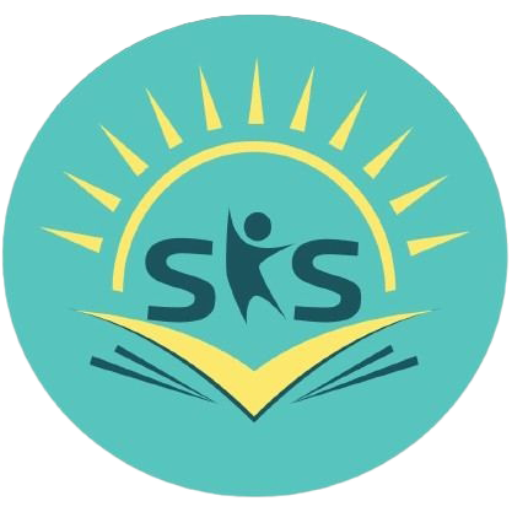
Academic Integrity Policy
Smart Innovations School is committed to upholding the highest standards of academic honesty, integrity, and ethical conduct. Our academic community values the pursuit of knowledge and originality.. This policy outlines the expectations, guidelines, and consequences related to academic integrity.
Expectations and Standards:
Original Work: Students are expected to submit their own original work for all assignments, assessments, projects, and examinations. Any use of external sources must be appropriately cited following recognized citation styles.
Prohibited Practices: Plagiarism, cheating, fabrication, falsification, unauthorized collaboration, and any other forms of academic dishonesty are strictly prohibited.
Collaboration Guidelines: Collaboration on assignments or projects must be within the parameters set by instructors. Students should seek clarification from teachers when unsure about acceptable collaboration practices.
Responsibilities of Students:
Honesty: Students are responsible for the integrity of their work. They should not engage in any form of dishonesty, including but not limited to copying, sharing answers, or using unauthorized aids during assessments.
Citation and Acknowledgment: Proper citation and acknowledgment of sources are imperative. Students must cite all borrowed ideas, quotations, paraphrases, or any information obtained from external sources.
Ethical Conduct: Students should adhere to ethical conduct in all academic pursuits, respecting the intellectual property rights of others and refraining from any actions that could compromise academic integrity.
Educational Approach:
Instruction and Support: Teachers at SIS are responsible for educating students about academic integrity, citing sources correctly, and providing guidance on ethical research and writing practices.
Resources: The school provides resources such as workshops, guidelines, and access to citation management tools to support students in maintaining academic integrity.
Consequences of Academic Misconduct:
Consequence Framework: Violations of academic integrity will result in appropriate consequences, which may include but are not limited to warnings, grade penalties, resubmission of work, parent conferences, or disciplinary actions as outlined in the school’s disciplinary policy.
Rehabilitation and Education: In cases of misconduct, the school aims to educate students about the importance of academic integrity and guide them toward a better understanding of ethical academic practices.
Policy Review:
This academic integrity policy is subject to periodic review to ensure alignment with best practices in education and to address any emerging issues relate d to academic

